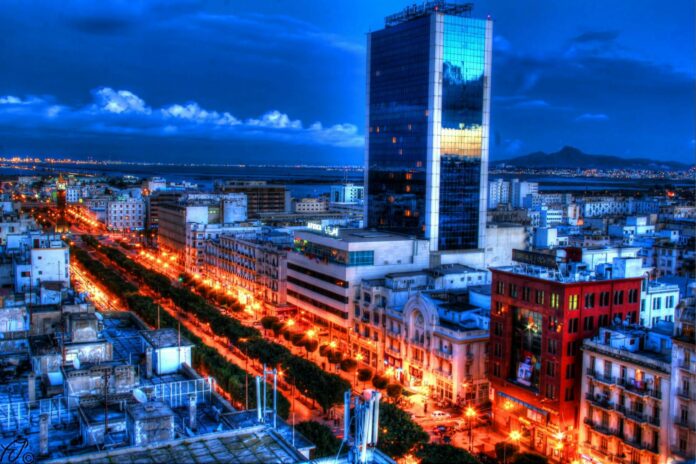Dissatisfied by the government’s handling of the pandemic and the economy, some in this North African nation welcomed drastic action to change the political leadership;that’s how Vivian Lee , a journalist in the New York Times ,began her article.
According to the same source ,Aroussi Mejri, a 40-year-old waiter, is lucky to have a regular job, even if it pays only about $7.20 a day. Yet although a lot has changed in Tunisia since he started working in cafes more than a decade ago, wages have not.
Since 2011, his country has gone from an autocracy to the only democracy to emerge from the Arab Spring uprisings as it felled its former dictator. But for him, the main difference is that it has gotten much harder to feed his children.
“From what we’ve seen so far, democracy has no value,” he said last week in his hometown, Tebourba, about an hour’s drive from Tunis, the capital. “If someone like me stayed stuck in the same situation he was in before, why did we revolt?”
Recall that,the president suspended Parliament for 30 days, fired the prime minister, appointed himself attorney general and said he would begin prosecuting corrupt business and political elites.
“Who can fix this situation and at the same time keep the freedoms?” said Mahfoudi Adel, 54, a cemetery worker in Tunis. “We don’t want someone who will kill democracy and freedoms just because we are hungry.”
“This is the best thing Saied has done since getting into office,” said Ahmed Chihi, 18, who was sitting in a cafe in one of the poorest neighborhoods of Tunis last week, “because people don’t want to give Ennahda power anymore.”
Analysts say there is little evidence that Ennahda is especially corrupt or imposing its religious vision. But its years in power have failed to produce results. And it has not helped its case by calling, in the midst of deep economic suffering, to be paid reparations for the torture and imprisonment its members suffered under the dictator deposed in the 2011 uprising, Zine el-Abidine Ben Ali,according to this article.











